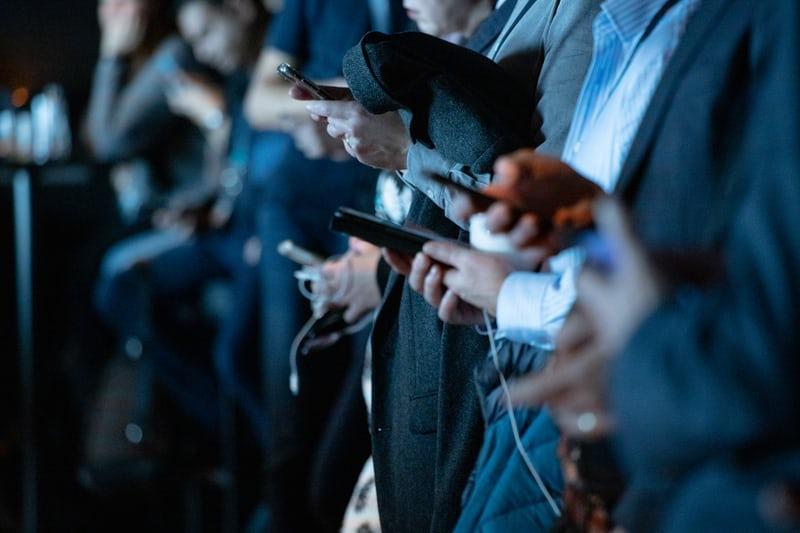The use of social media is a near inevitability for college students. The effect of social media on college students has become a rising area of study as researchers examine both the positive and negative impact on this population.
Social wellbeing
FOMO is maybe the most often discussed negative effect of social media on college students. The fear of missing out on what others perceive as a more idyllic life is strongly correlated with discontent, social isolation, and mental health issues. Additionally, it’s common to set unrealistic expectations of life after scrolling social media. Jealousy, envy, and other relational discord soon follows. “False” relationships are also common as a result of social media use as people “friend” or “follow” one another but don’t connect the way they would in real life relationships.
Emotional wellbeing
Emotional wellbeing and mental health issues are another negative effect of social media on college students. Anxiety and depression are most prevalent. Some studies report that 41.6% of college students report anxiety as a top concern. Others say 1 in 5 students report high anxiety and social media use may be contributing to those statistics. Seeking likes and peer approval takes a toll on emotional wellbeing. Real life friendships are sometimes sacrificed at the expense of online relationships that fail to meet expectations and social needs.
Academic wellbeing
Social media is a common distraction for college students and. When it comes to academic performance, the effect of social media on college students appears as unfinished assignments, lack of attention to detail, and neglect of work. Some of the mental health issues mentioned above lead to poor academics, too, in addition to lack of sleep from late night scrolling and posting.
Peer connection
On the other side of the spectrum, a positive effect of social media on college students emerges in a shared sense of community and connection. Students do stay in touch with family members while away from home and can feel supported on social platforms. They can also find their way to people who share common interests and help them feel less alone in a campus community. Healthy relationships are possible when social media use is moderated, especially when emotional support is needed to get through difficult times. Hearing someone say “I understand” or “me too” can be a powerful experience.
Spreading the word
If announcements are needed on campus or in a community, social media can also be used to get the word out. Events, community service opportunities, and campus happenings can be broadly distributed thanks to social media platforms. Social and political causes also find traction on these platforms and can be a positive effect of social media on college students who are searching for purpose and identity.
The effect of social media on college students will continue to be researched and examined in the years to come. As with many issues, both positive and negative findings are observed and it’s important to give attention to both.
